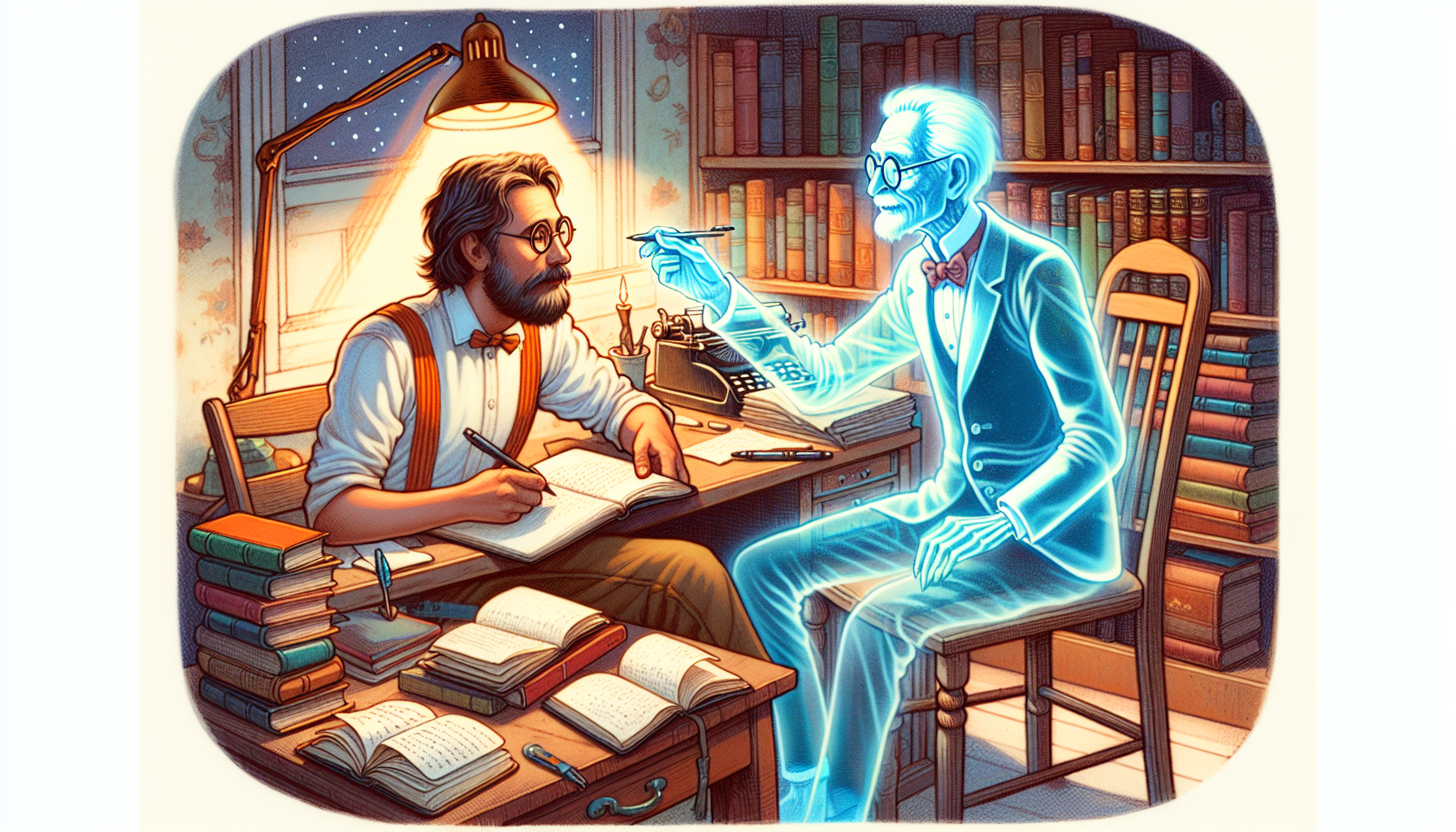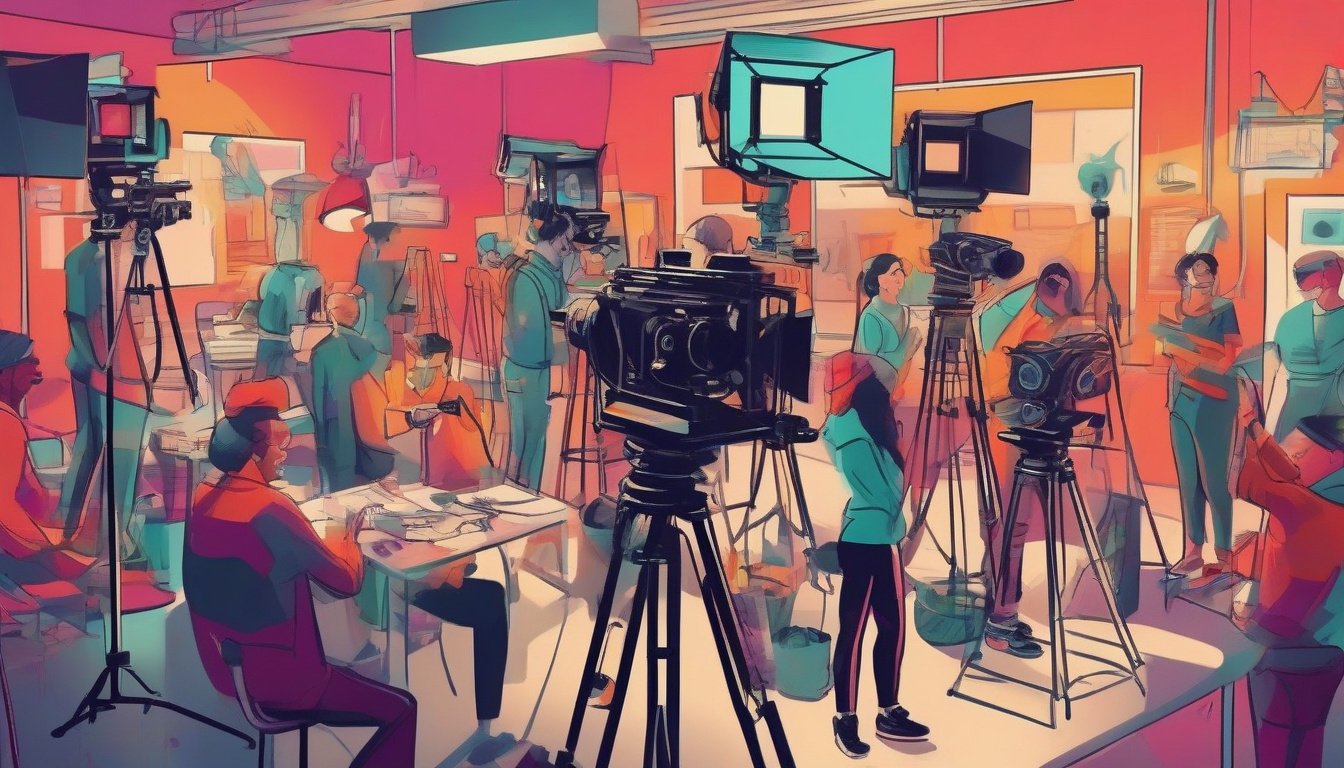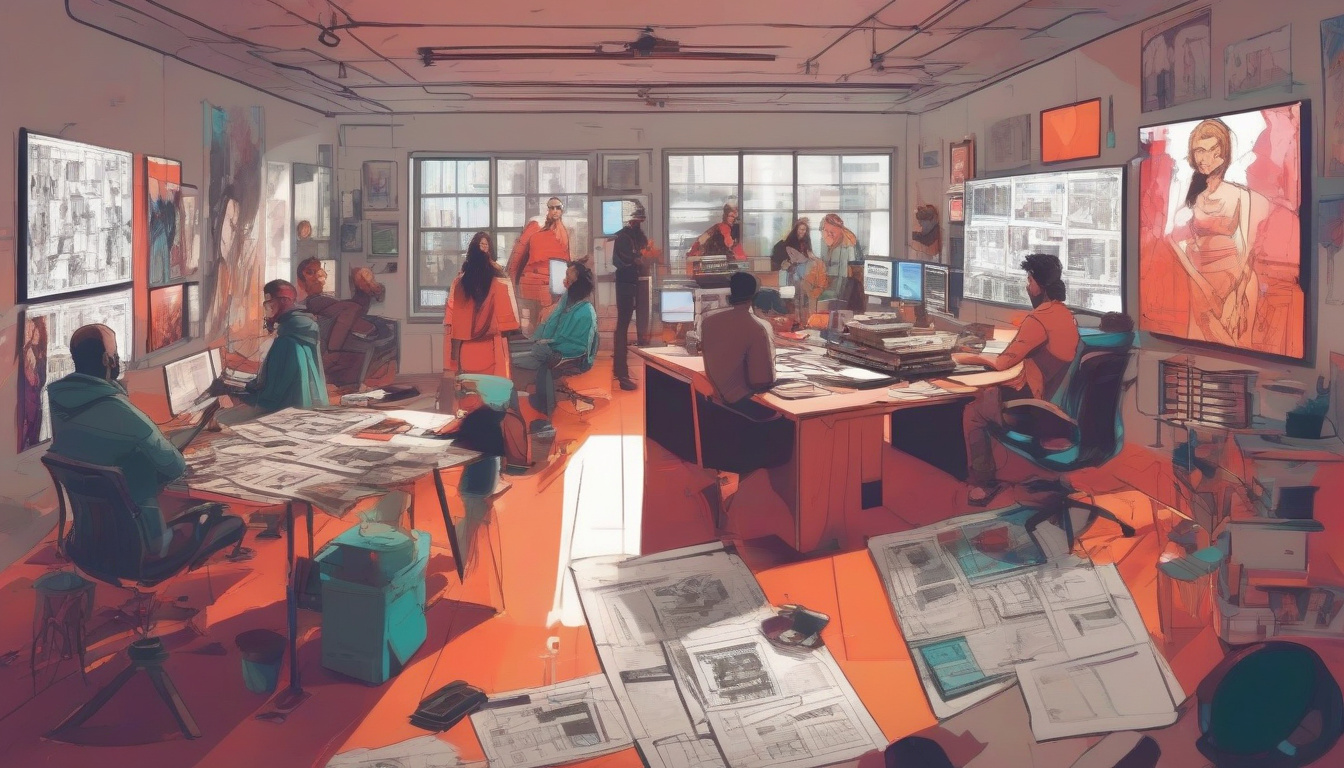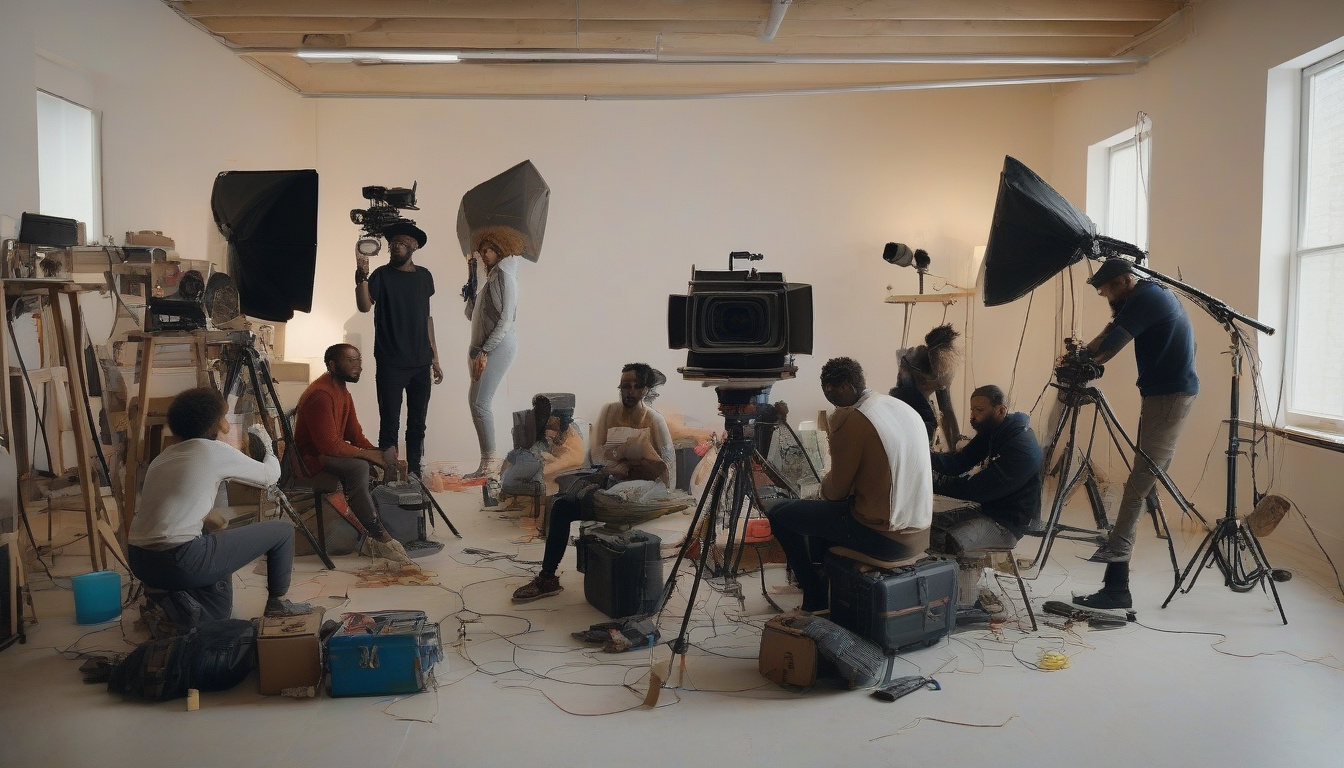
Unlock the Script: A Dive into John August’s Screenwriting Wizardry
Ever wondered what makes a blockbuster script tick? Who better to spill the beans than John August, the screenwriting maestro behind cinematic delights like ‘Big Fish’, ‘Charlie and the Chocolate Factory’, and ‘Corpse Bride’? Buckle up, script kiddies and narrative nerds, as we decode August’s approach to the art and science of screenwriting.
The Blueprint Begins: Structure and Plot
First things first, let’s talk about structure. John August is a sage when it comes to the skeletal framework of screenwriting. He advocates for the classic three-act structure – a beginning, middle, and end, or in film geek speak: Setup, Confrontation, and Resolution. But it’s not just about having three parts; it’s weaving them so tight that viewers can’t help but stay glued to their seats.
August often emphasizes the importance of a strong opening. Grab your audience by their popcorn-filled mouths and don’t let go. This means establishing your main character, their world, and the central conflict all within the first ten pages. Sounds like a tall order? That’s because it is. But mastering this can set the tone for the entire script.
Character Arcs: Not Just a Fancy Term
If the plot is the skeleton, characters are the beating heart of a screenplay. John August believes that characters should evolve as the story unfolds. Their growth is pivotal and this transformation should be both inevitable and believable. Want to see how it’s done right? Peek into the character progression of Edward Bloom in ‘Big Fish’. From a buoyant young dreamer to a reflective old man, his journey is the plot.
August’s take on dialogue is equally noteworthy. He advocates for writing dialogue that can’t be mistaken for anyone else’s voice. If you can remove the character names and still know who’s speaking, congrats, you’ve got yourself some crisp dialogues!
Setting and Visuals: Showing, Not Telling
Now, let’s draw the curtains and talk settings. John’s scripts transport us into visually distinct worlds. He’s a proponent of ‘show, don’t tell’. Instead of having characters deliver monologues about how whimsical a place is, he crafts scenes that make the audience feel like they’re part of that whimsicality. Through meticulous description and attention to sensory details, he captures the essence of each scene. This not only builds the world but also subtly supports the narrative through its mood and tone.
Twists and Turns: Keeping It Fresh
Everyone loves a good plot twist, and August understands this better than most. However, the trick lies in making them feel earned and surprising without bordering on absurd. A twist, according to August, should be unexpected yet inevitable in hindsight. It’s about laying the groundwork early on, then pulling the rug out at the perfect moment, ideally when the audience is least expecting it.
John’s Toolkit: Software and Script Notes
What does John August use to spin his tales? Well, apart from his vivid imagination, he uses a software tool called Highland, which he helped develop. It’s designed to remove as many technical barriers as possible and lets the writer focus on, well, writing. Additionally, he is an advocate for thorough script notes, often recommending multiple readings and revisions. His rule of thumb: if you think you’re done, you’re probably not.
For those looking to delve deeper, August co-hosts a podcast called ‘Scriptnotes’ with fellow screenwriter Craig Mazin, where they discuss all things screenwriting, from structure and character to what kind of tea best fuels a marathon writing session.
Final Act: Write, Rewrite, and Breathe Screenwriting
Finally, the gist of John August’s teachings can be distilled into perseverance and passion for storytelling. It’s about embracing your unique voice while adhering to tried-and-tested screenplay mechanics. So, next time you sit down to write that Oscar-worthy script, channel a bit of August’s spirit. Remember, every great script begins with an idea, but it’s the execution that takes it to the red carpet.
In the unpredictable world of screenwriting, insights from seasoned scribes like John August are golden. They don’t guarantee a hit, but hey, they definitely give you a fighting chance to make that emotional, breathtaking film that might just become the next big thing!






